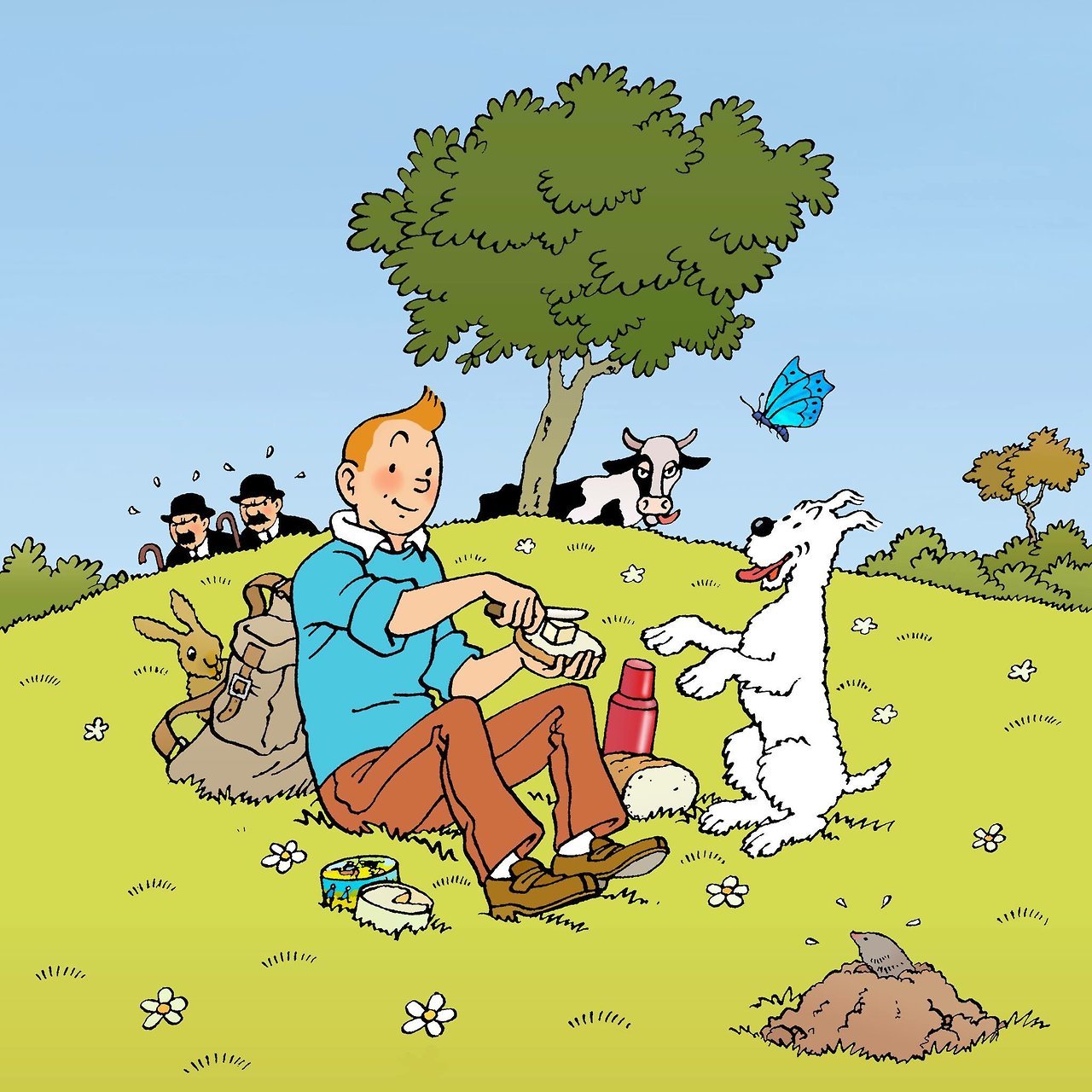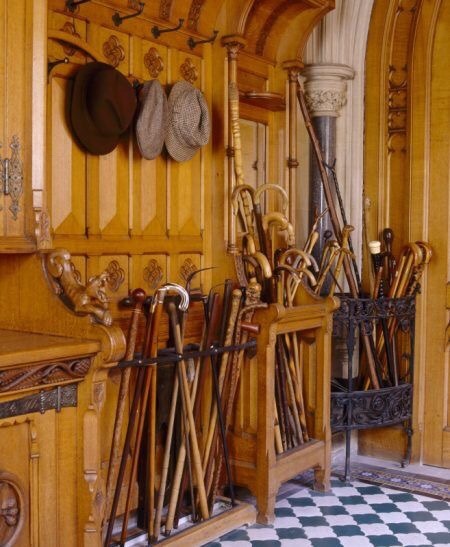I will extol you, O Lord, for you have drawn me up, and did not let my foes rejoice over me.
O Lord my God, I cried to you for help, and you have healed me.
O Lord, you brought up my soul from Sheol, restored me to life from among those gone down to the pit.
Sing praises to the Lord, O you his faithful ones, and give thanks to his holy Name.
For his anger is but for a moment; his favor is for a lifetime. Weeping may linger for the night, but joy comes with the morning.
O Lord my God, I cried to you for help, and you have healed me.
O Lord, you brought up my soul from Sheol, restored me to life from among those gone down to the pit.
Sing praises to the Lord, O you his faithful ones, and give thanks to his holy Name.
For his anger is but for a moment; his favor is for a lifetime. Weeping may linger for the night, but joy comes with the morning.
—Psalm 30:1-5
From the Expositor's Bible (1892):
A double antithesis moulds the beautiful image of the last clause. Night and morning are contrasted, as are weeping and joy; and the latter contrast is more striking, if it be observed that 'joy' is literally a 'joyful shout,' raised by the voice that had been breaking into audible weeping. The verb used means to lodge for a night, and thus the whole is a picture of two guests, the one coming, sombre-robed, in the hour befitting her, the other, bright-garmented, taking the place of the former, when all things are dewy and sunny, in the morning. The thought may either be that of the substitution of joy for sorrow, or of the transformation of sorrow into joy. No grief lasts in its first bitterness. Recuperative forces begin to tell by slow degrees. 'The low beginnings of content' appear. The sharpest-cutting edge is partially blunted by time and what it brings. Tender green drapes every ruin. Sorrow is transformed into something not undeserving of the name of joy. Griefs accepted change their nature. 'Your sorrow shall be turned into joy.' The man who in the darkness took in the dark guest to sit by his fireside finds in the morning that she is transfigured, and her name is Gladness. Rich vintages are gathered on the crumbling lava of the quiescent volcano. Even for irremediable losses and immedicable griefs, the psalmist's prophecy is true, only that for these 'the morning' is beyond earth's dim dawns, and breaks when this night which we call life, and which is wearing thin, is past. In the level light of that sunrise, every raindrop becomes a rainbow, and every sorrow rightly--that is, submissively--borne shall be represented by a special and particular joy.
A double antithesis moulds the beautiful image of the last clause. Night and morning are contrasted, as are weeping and joy; and the latter contrast is more striking, if it be observed that 'joy' is literally a 'joyful shout,' raised by the voice that had been breaking into audible weeping. The verb used means to lodge for a night, and thus the whole is a picture of two guests, the one coming, sombre-robed, in the hour befitting her, the other, bright-garmented, taking the place of the former, when all things are dewy and sunny, in the morning. The thought may either be that of the substitution of joy for sorrow, or of the transformation of sorrow into joy. No grief lasts in its first bitterness. Recuperative forces begin to tell by slow degrees. 'The low beginnings of content' appear. The sharpest-cutting edge is partially blunted by time and what it brings. Tender green drapes every ruin. Sorrow is transformed into something not undeserving of the name of joy. Griefs accepted change their nature. 'Your sorrow shall be turned into joy.' The man who in the darkness took in the dark guest to sit by his fireside finds in the morning that she is transfigured, and her name is Gladness. Rich vintages are gathered on the crumbling lava of the quiescent volcano. Even for irremediable losses and immedicable griefs, the psalmist's prophecy is true, only that for these 'the morning' is beyond earth's dim dawns, and breaks when this night which we call life, and which is wearing thin, is past. In the level light of that sunrise, every raindrop becomes a rainbow, and every sorrow rightly--that is, submissively--borne shall be represented by a special and particular joy.
—Alexander Maclaren
Come to me in the nighttime of my fear and of my pain, O God, and grant me the joyful dawn of new life in Christ. In his Name I pray. Amen.



































